Crystal Palace’s hopes of playing in the Europa League this season have officially been dashed. On Monday, the Court of Arbitration for Sport (CAS) dismissed the club’s appeal against UEFA’s decision to demote them from Europe’s second-tier competition to the UEFA Europa Conference League.
The ruling cements Olympique Lyonnais’ place in the Europa League, while Palace will have to start their European campaign later this month in the Conference League qualifying playoff round. The decision stems from UEFA’s strict ownership conflict rules, which were triggered by the dual involvement of businessman John Textor in both clubs.
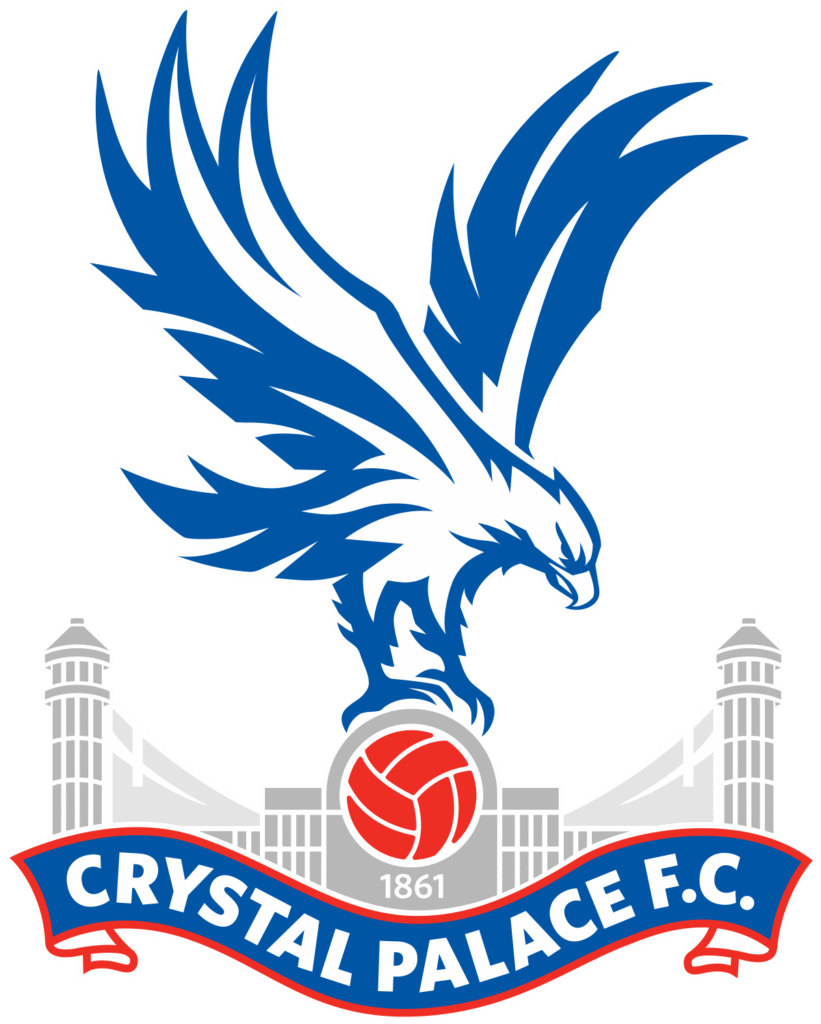
Crystal-Palace’s-hopes-of-playing-in-the-Europa-League-this-season-have-officially-been-dashed
Why Palace Were Demoted
The controversy dates back to UEFA’s multi-club ownership regulations. At the time of UEFA’s assessment earlier this year, Eagle Football Group — founded by Textor — were majority owners of Lyon, while Textor himself held a controlling stake in Crystal Palace.
Under UEFA’s rules, two clubs under the same “decisive influence” cannot compete in the same European competition in the same season. Since both Lyon and Palace had qualified for the 2025-26 Europa League — Lyon by finishing sixth in Ligue 1 and Palace as winners of the FA Cup — UEFA was forced to act.
Ultimately, Lyon were allowed to keep their Europa League berth because they had finished higher in their domestic league than Palace had in theirs. Palace, who finished 12th in the Premier League, were therefore shifted down to the Conference League.
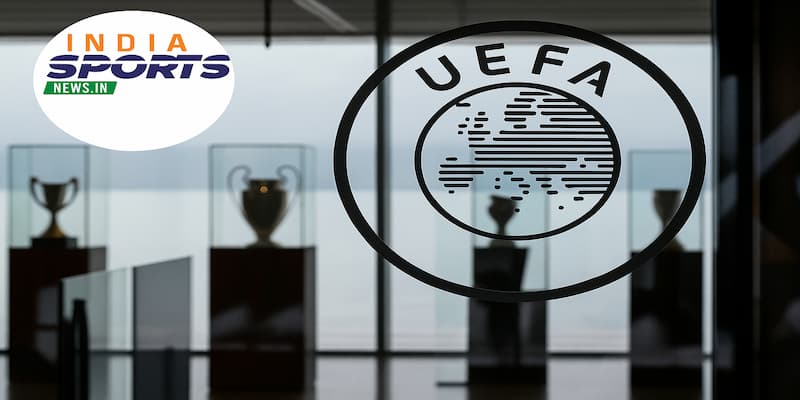
Under-UEFA’s-rules-two-clubs-under-the-same-decisive-influence-cannot-compete-in-the-same-European-competition-in-the-same-season
CAS Statement and Reasoning
In its statement, the Court of Arbitration for Sport explained its decision:
The CAS also dismissed Palace’s claim that they were treated unfairly compared to Nottingham Forest and Lyon.
As a result of Palace’s demotion, Nottingham Forest, who finished seventh in the Premier League last season, will take their place in the Europa League.
Palace’s Appeal Falls Short
Crystal Palace lodged their appeal last month, just days before Robert Wood “Woody” Johnson, co-owner of the NFL’s New York Jets, completed the purchase of Eagle Football Holdings’ stake in the club.
The ownership reshuffle also saw Textor resign from Lyon’s board of directors, with Michele Kang taking over as chairwoman and president. However, these changes occurred after UEFA’s eligibility assessment, and CAS ruled that they did not alter the situation at the time the decision was made.
Palace have yet to issue a formal statement in response to Monday’s verdict, but the ruling is a major blow to their European ambitions this season.
Lyon’s Reaction
In contrast, Olympique Lyonnais expressed satisfaction with the outcome. The French club issued a statement welcoming CAS’s confirmation of their Europa League spot:
For Lyon, the verdict ensures they will compete in Europe’s second-tier tournament, providing them both prestige and valuable revenue opportunities.
Context: UEFA’s Multi-Club Ownership Rules
UEFA’s ownership regulations are designed to preserve the integrity of European competitions by preventing potential conflicts of interest. These rules have come under increased scrutiny in recent years, with multi-club ownership models becoming more common across the sport.
Textor’s Eagle Football Holdings has been one of the more high-profile examples of such a model, with stakes in multiple clubs worldwide. However, this case highlights the potential downsides for clubs when ownership overlaps intersect with UEFA competition qualification.
In Palace’s case, their lower league finish compared to Lyon’s meant they were the ones who had to make way. This precedence is consistent with UEFA’s protocol in similar situations.
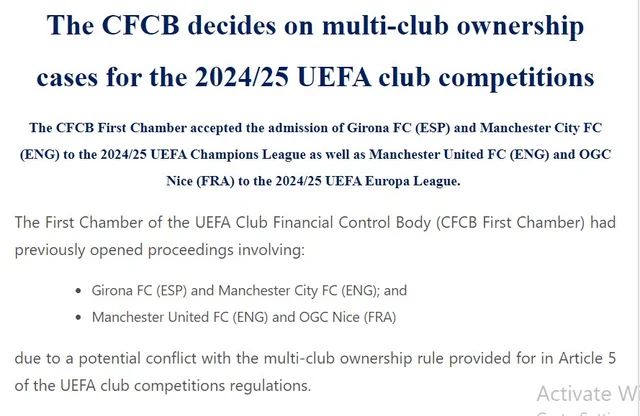
UEFA’s-ownership-regulations-are-designed-to-preserve-the-integrity-of-European-competitions-by-preventing-potential-conflicts-of-interest
The Impact on Palace’s Season
While the Conference League offers Palace an opportunity for European competition, the drop from the Europa League is significant in terms of both prestige and potential financial gain. Europa League participation often brings higher broadcasting revenue, greater matchday income, and increased exposure.
Palace, who lifted the FA Cup last season and followed it up with a dramatic Community Shield victory over Liverpool on Sunday, will now have to quickly adjust their European preparations. Their journey will begin in the qualifying playoff round of the Conference League later this month.
The Eagles will still see European football as a reward for their domestic success, but the Conference League path will be more arduous, requiring them to navigate additional fixtures to reach the group stage.
Nottingham Forest’s European Return
The decision is a boost for Nottingham Forest, who now return to European competition for the first time in decades. Forest’s seventh-place finish in the Premier League initially left them just short of qualification, but UEFA’s ruling has handed them an unexpected chance to compete in the Europa League group stage.
Forest manager and supporters alike have hailed the opportunity, framing it as a bonus reward for last season’s efforts.

The-decision-is-a-boost-for-Nottingham-Forest-who-now-return-to-European-competition-for-the-first-time-in-decades
A Changing Landscape in European Football
The Palace-Lyon case underscores the growing complexities of European club football in the era of multi-club ownership. With wealthy investors increasingly building portfolios of teams across different countries, UEFA faces the challenge of balancing competitive integrity with the evolving business realities of the sport.
While this decision may be frustrating for Palace fans, it serves as a reminder that ownership structures can have real and immediate consequences on sporting outcomes. It also raises questions about how clubs can protect themselves from similar situations in the future.

The-Palace-Lyon-case-underscores-the-growing-complexities-of-European-club-football-in-the-era-of-multi-club-ownership
What’s Next for Palace
Palace’s immediate focus will turn to their Conference League playoff tie, which will be drawn later this week. The club will also have to manage a congested early-season schedule, balancing European qualifiers with their Premier League campaign.
In the longer term, the ownership change involving Woody Johnson may shield Palace from similar conflicts in the future. Without Textor’s direct involvement, their European eligibility should be clearer in subsequent seasons.
For now, however, the frustration of losing a Europa League spot after earning it on the pitch will linger. The decision closes one door but opens another — one that leads to the Conference League, a tournament that has already produced surprise winners and memorable underdog stories since its inception in 2021.
Whether Palace view this as a setback or a fresh challenge may depend on how far they can go in the Conference League. Last season’s winners, Fiorentina, demonstrated that the competition can still deliver high-quality football and significant European exposure.
But for now, Palace fans can only imagine what might have been — a Europa League campaign under the lights at Selhurst Park, now replaced by a fight to make it past the qualifying rounds of Europe’s third-tier tournament.
Click here to watch more!




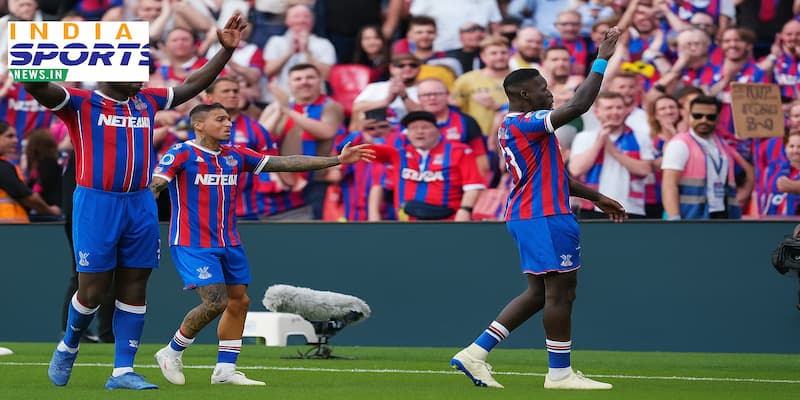

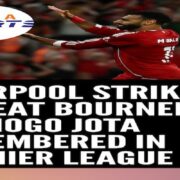
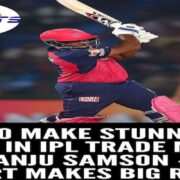





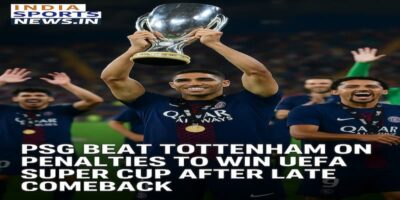





Comments